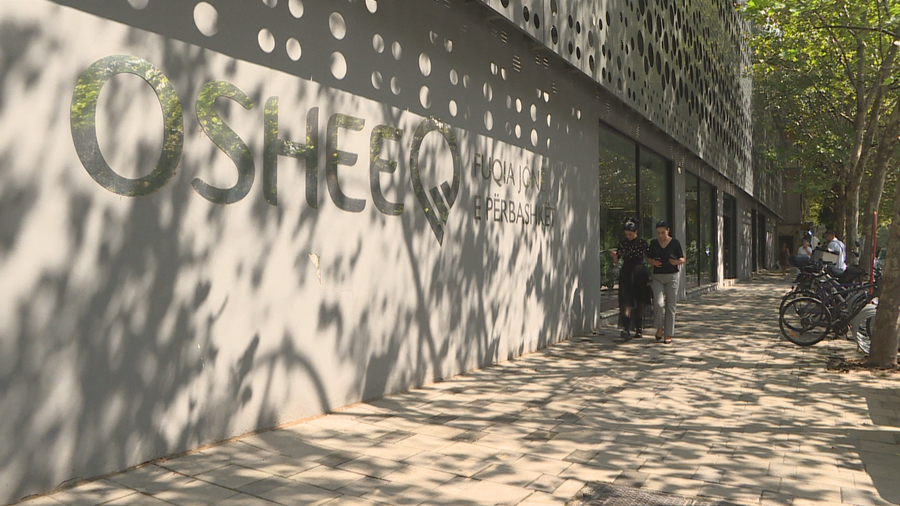
Partly out of fear and partly out of awareness, Albanian citizens are paying their electricity bills regularly.
This has caused household subscribers' arrears to the Electricity Distribution Operator to fall to 44.7 billion lek in April from 45.5 billion lek at the end of last year.
(graph 1) Synchronous effect of two citizens...
"We have to be fair to them, because they come and turn off the lights. It's better to go pay, stay without tomatoes and peppers and...", said one of the citizens.
"This month I paid 80 thousand lek. When we receive our pension, we put aside the money for the lights because they are to be paid. Our children also help us a little," said another citizen, writes A2 CNN.
In line with citizens, businesses are also paying their energy bills regularly. At the end of April, the value of overdue bills to OSHEE fell to around 9.6 billion lek, from over 10.3 billion in the same month a year ago.
Despite the reforms undertaken and the aid and data from the government, non-budgetary institutions, including water utilities, continue to fail to pay for the energy consumed. Data from the Energy Regulatory Authority shows that their obligations to the Distribution Operator at the end of April expanded to over 20 billion lek.
For obligations until the end of 2023, both family members and businesses or public institutions can now enter into agreements with OSHEE to repay obligations in installments.
"This scheme includes family and non-family subscribers. Families in need, families with special status and pensioners will also be included in the scheme, giving them the opportunity to repay their arrears with minimum installments of 1200 lek or 2800 lek, but there may also be alternative installments for all those clients who pay for a shorter period, always adhering to the maximum term of no more than 240 installments", said Mentor Hima, Director of the Sales and Collection Department.
OSHEE also explains the documentation that must be submitted to benefit from the scheme.
"As for the documentation that must be submitted to benefit, it is the applicant's ID, for small businesses, it is legal documentation, NIPTI, business registration with the Central Bank, and tax liability.
"A document from the tax authorities is also required to prove the tax liability of the small business. Whereas for families with special status, a certificate of their status is required," said Mentor Hima, Director of the Sales and Collection Department.
In the first four months of the year alone, nearly 1.4 million electricity bills with interest and late payments were settled. The value of the debts amounts to nearly 297 million lek.
"Have there been months when you haven't been able to pay your electricity bills? Yes, there have been. It happened that I couldn't pay them. Then I paid the interest and late fees," said another citizen. (A2 Televizion)











